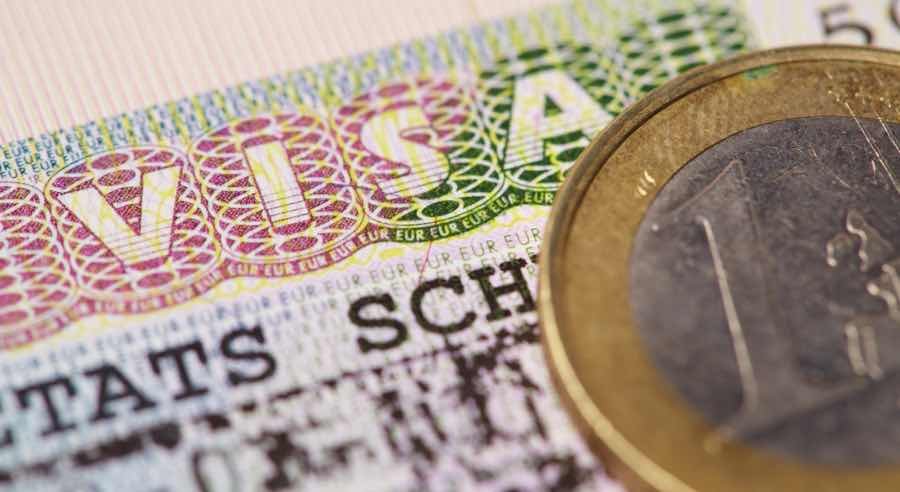
23-11-2022
In February 2020, the EU enacted a number of adjustments to the Schengen visa regulations and conditions. For starters, there is now more leeway in extending a Schengen visa.
There are further advantages for frequent visitors to the Schengen nations, such as priority treatment for longer-term visas. One disadvantage for travellers is that the prices for the Schengen visa have increased since the modifications were imposed.
The Schengen visa is required for travellers with passports from countries that are not eligible for visa-free admission into any of the Schengen nations. The term of the visa varies from instance to case.
Travelers who may enter Schengen nations without a visa will need to get an ETIAS visa waiver to visit the region in November 2023. The online application process will be straightforward, and the visa exemptions will be valid for three years (or until the ETIAS holder’s passport expires).
HOW HAVE SCHENGEN VISA RULES CHANGED?
The new regulations drastically alter the application procedures and provide larger benefits to some categories of candidates. The following are the major modifications to the Schengen visa:
HIGHER SCHENGEN VISA FEES
The online system and other procedures adopted with the new Schengen visa requirements cost applicants money. The usual application fee has risen from €60 to €80, with individuals who previously paid €35 now paying €40. Some candidates are not required to pay the fee.
EXTENDED APPLICATION SUBMISSION PERIODS
Applicants can now apply more ahead of time. Before February 2020, the earliest one could apply was three months before the anticipated travel to the Schengen Area, but this window has now been expanded to six months.
APPLICATIONS FOR MULTIPLE SCHENGEN COUNTRIES
Each Schengen member state has representatives present in each nation to certify visa entry. This will allow candidates to make a request for numerous Schengen countries in a single application.
ADVANTAGES FOR FREQUENT TRAVELLERS
Those who have previously visited the EU and Schengen countries, have a clean visa history, and can demonstrate financial soundness in their home country can apply for a multiple-entry visa valid for up to 5 years.
WHY IS THE EU MAKING CHANGES TO THE SCHENGEN VISA?
The European Commission proposed revising the present Schengen visa requirements and procedures in May 2018. The major goal was to enhance the single visa policy while also dealing with migration and security problems. The plan also advocated for more collaboration among Schengen member countries.
The European Parliament formally supported the idea in April 2019, and the Council of the European Union ratified it in June, completing the formalisation process.
WHO NEEDS TO OBTAIN A SCHENGEN VISA?
To enter any of the following countries, visitors from 104 countries must obtain a Schengen visa: Austria, Belgium, Czech Republic, Denmark, Estonia, Finland, France, Germany, Greece, Hungary, Iceland, Italy, Latvia, Liechtenstein, Lithuania, Luxembourg, Malta, Netherlands, Norway, Poland, Portugal, Slovakia, Slovenia, Spain, Sweden, and Switzerland.
The list of qualifying nations has not been updated to reflect the most recent revisions.
The ETIAS visa waiver will allow visitors from more than 50 visa-free countries to visit all Schengen countries multiple times over a three-year period. The list of eligible nationalities includes only those who are currently eligible for visa-free entry, though more may be added in the future.
The charge for the ETIAS visa waiver will be less than that of the Schengen visa, and the online application will be even faster.
